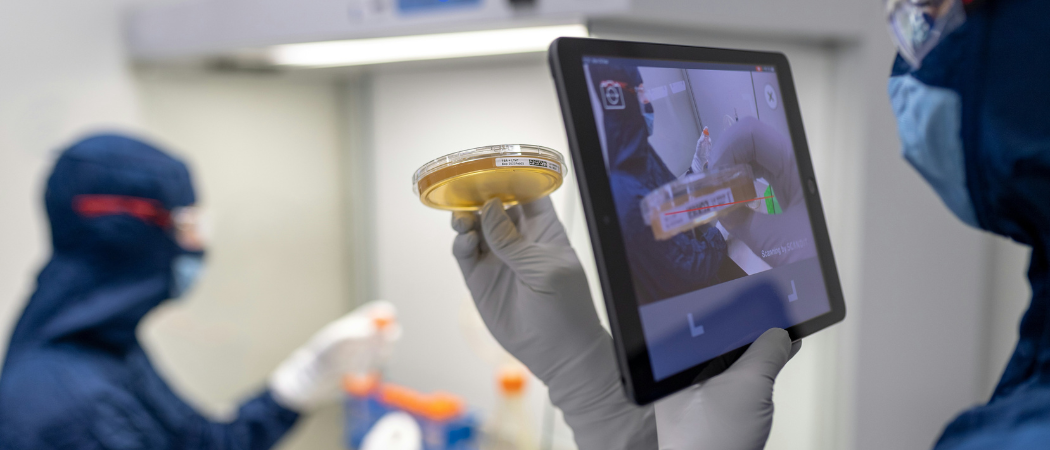Agreement with European Laboratory for Learning and Intelligent Systems aims to boost AI skills and enhance infrastructure

Photo credits: Toon Lambrechts / Unsplash
Artificial intelligence has a lot to offer molecular biology, but Europe will only benefit if some basic conditions are met. According to Ewan Birney, deputy director general of the European Molecular Biology Laboratory (EMBL), this means having the right research questions, robust data, skilled people and powerful computers.
“Most of our bottlenecks involve people,” he told Science|Business. “People to deliver the AI and to organise data in an AI-ready way. Those are the two quite people-intensive, science-intensive areas.”
To address these problems EMBL last month signed an agreement with the European Laboratory for Learning and Intelligent Systems (ELLIS) to collaborate on AI skills. This will include running workshops, staff exchanges, training programmes and collaborative research projects. The pair will also enhance data infrastructure and promote mobility for early-career scientists.
According…
Discover the latest in research funding every Tuesday with Funding Newswire. Dive into detailed articles with our monthly or yearly subscriptions or start with a free trial
NOTE: if you're a part of one of our Network member organisations, you get free access by signing up with your institutional email. Verify your eligibility here.




 A unique international forum for public research organisations and companies to connect their external engagement with strategic interests around their R&D system.
A unique international forum for public research organisations and companies to connect their external engagement with strategic interests around their R&D system.